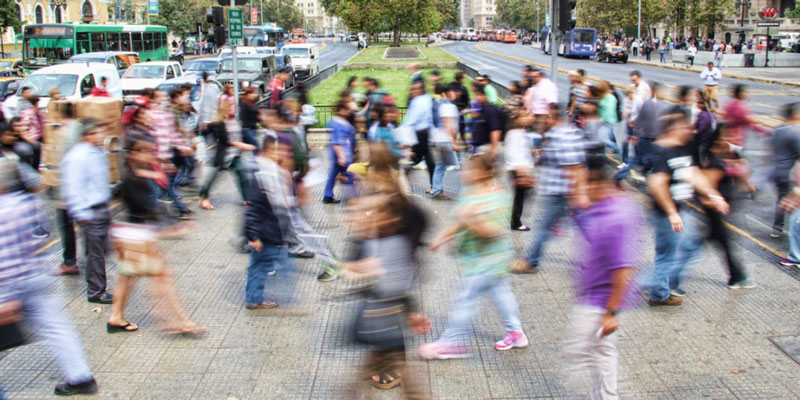
We need more reminders of each other’s humanity.
Michael Morse offers a gentle suggestion to his fellow emergency and healthcare professionals:
It doesn’t matter how whoever it is ended up in our care. What matters is that we care for them. Nowhere in any literature pertaining to anybody in the health care hierarchy does judgement get mentioned. Not in EMS manuals, nursing curriculum or doctor’s textbooks. It has no room in our standard of care.
Yet judge we do. We are only human, after all, and ours is an exhausting vocation, especially during a public health crisis.
As an EMT in Providence, Morse had plenty of reason to observe how people’s ailing was often a direct result of their own behavior, and he emphasizes how that is part of the job. In conclusion, he suggests that “venting on social media about the unvaccinated needs to stop.”
His perspective is worth applying more broadly. People in the public, too, need to realize that emergency workers are often going on little sleep and dealing with a lot of stress. Police, when pulling people over, must keep in mind that they don’t know what the other person has been dealing with, but people, when being pulled over by police, need to remember the uncertainty police have with every interaction.
This goes beyond healthcare and emergencies, of course. Store clerks. Road workers. Employees. Employers. They’re all people dealing with their own situations, trying to make their way.
We must cultivate this attitude during times of peace and security so it’s there during times of emergency and strain. Unfortunately, ideological shifts and the depersonalization of modern life are leading us away from it during times of comfort, which primes us to give power to stabilizing forces when things go wrong.
Featured image by Mauro Mora on Unsplash.
